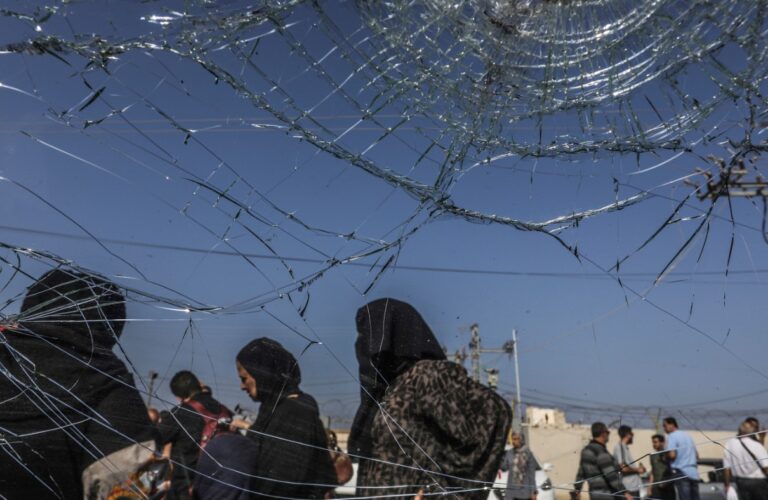Holding the headlines these days, of course, is the war raging in Israel and on the Gaza Strip between the Israeli army and Hamas. As in all conflicts, the forces at play unfortunately become the protagonists more often than not of war crimes that both Israel and Hamas may very likely have committed in this one.
Table of Contents
What are war crimes and who prosecutes them
As in any war, occurring unfortunately all too often are war crimes of which all the forces involved are more often than not guilty. But what are these war crimes? Speaking quite broadly and generically, by war crimes or crimes against humanity we mean all those acts that constitute a heavy violation of established norms regarding international humanitarian and war law.
Wanting to deal with the subject more specifically, international law refers to actions such as inhumane treatment and torture, unlawful transfer or detention of prisoners, looting, rape, attacks on civilians or humanitarian personnel, enlistment of children under the age of fifteen, use of prohibited weapons such as bacteriological or chemical weapons, or even offensives directed at buildings such as hospitals, monuments or museums.
For the definitive definition of what war crimes are, however, the discourse inevitably becomes much more complicated, as there is a lack of a single reference text that can help provide unambiguous clarity on the subject.
A first significant case in this regard is post-World War II. We are of course talking about the Nuremberg Code and the Geneva Conventions, which from 1949 and then also in 1977 and 2005 contributed to the creation of an international body of law on war and humanitarian law.
Precisely with regard to the Geneva Conventions, however, it should be pointed out that these have not been signed and ratified by every country in the world, with each individual state having its own laws that can sometimes even run counter to the international treaties themselves.
Crimes against humanity and genocide are two other definitions that are often given to war crimes
Crimes against humanity may refer to political, religious, or ethnic persecution carried out against entire peoples or minor minorities or groups. Genocide, on the other hand, refers to the extermination of a specific human group such as that carried out by Nazi Germany against the Jews.
This brings us to the subject of who tries such crimes. The main institution of an international nature that deals with all this is the International Criminal Court (ICC). This is a body based in The Hague in the Netherlands, which came into existence to be precise on July 17, 1998. It then became operational on July 1, 2002, after ratification of the Rome Statute by some sixty states around the world.
There are, however, many world superpowers such as the United States, China, Russia, and India that have never recognized such a court, which is a major limitation for the latter in particular.
Another body in charge is the UN, which can in some cases intervene directly for the establishment of ad hoc tribunals. This is a solution that had already been used for the Balkan War since the early 1990s or even for what happened in Rwanda with the 1994 genocide.
War crimes: the case of the ambulance attack in Gaza
Anyone who finds himself or herself accused of war crimes by later being found guilty can of course incur very severe penalties and sanctions. Which can then always depend on the severity of the acts that were committed.
Usually, the International Criminal Court can assign a longer or shorter period of imprisonment up to even life imprisonment. To this can then be added other sanctions that may consist, for example, of cash penalties or the confiscation of all property and profits that are connected with the crimes for which one has been indicted and convicted.
Just on the sensitive issue of war crimes and crimes against humanity there is great concern obviously about what is happening in recent weeks in Israel and on the Gaza Strip.
Also expressing his enormous concern was among the latest was UN Secretary General Antonio Guterres. Who through his own official note said he was horrified by a recent attack by Israeli troops on an ambulance convoy in Gaza outside Al Shifa Hospital.
The terrifying images of bodies strewn on the road unfortunately lead right back to the thorny and unfortunately ever-present topic of war crimes and crimes against humanity.
Read also: International law, an overview: purposes, structure and relevance today












